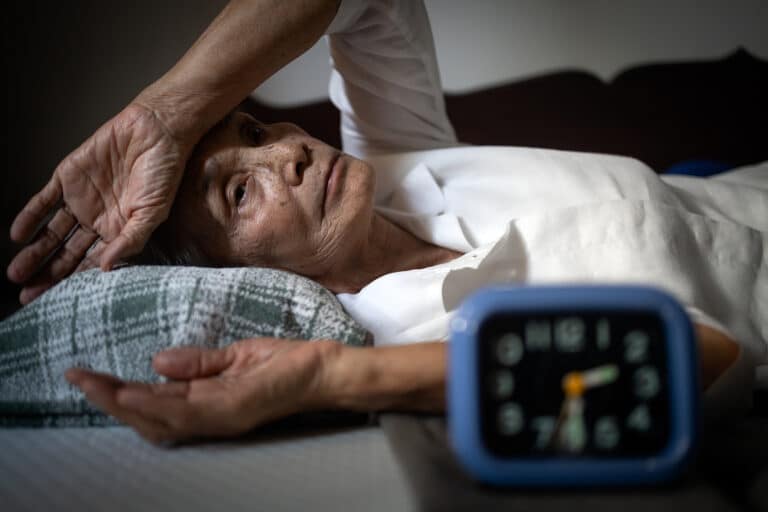Seniors with Alzheimer’s disease, dementia, and other cognitive illnesses might experience something called sundowning. Understanding and recognizing sundowning is crucial for family caregivers so that they can put solutions in place to help seniors cope with it. Home care providers can help aging adults and families to understand what is happening and how to manage it properly.
Disorientation and Confusion
Sundowning brings with it increased disorientation and confusion. People who have dementia and Alzheimer’s disease may already be dealing with a lot of confusion and disorientation. But sundowning makes it all worse. Familiar surroundings and people may become more difficult to recognize, making seniors even more uncomfortable.
Increased Restlessness
Seniors who are experiencing sundowning tend to show increased restlessness and agitation as the day continues. They might be more anxious, having trouble focusing on activities they normally enjoy. This is one of the most common symptoms of sundowning.
Difficulty Communicating
As sundowning symptoms increase, it can be more difficult for seniors to communicate and to be understood. They also may have more trouble processing verbal cues and instructions. These communication challenges can make everything more frustrating for everyone involved. Senior home care providers can help to manage these communication challenges.
Mood Swings
Because sundowning can be so uncomfortable, seniors experiencing it may exhibit signs of mood swings. They may cycle from appearing calm to being more irritable or even expressing extreme sadness. The fluctuations may increase as the evening winds down further.
Pacing and Wandering
When sundowning causes seniors to feel more restless, they may start to pace or even try to wander as a way to burn off that restless energy. This can be dangerous because seniors who successfully manage to wander outside of the house might get away and become lost. Finding solutions to help seniors avoid wandering is crucial.
Trouble Sleeping
Sundowning occurs in the late afternoon and evening, but it can have a significant impact on sleep patterns. Seniors may have more trouble falling asleep or staying asleep, which can contribute to daytime sleepiness and fatigue. This, in turn, can also make sundowning symptoms worse the next time around.
Increased Resistance to Care
Sundowning and all of the symptoms it brings can make it much more difficult for seniors to accept help and care. This can be incredibly frustrating for family caregivers who just want to help. Seniors may stop engaging in routines that have been functioning well for them to that point. Elder care providers can help families to keep seniors on target with their routines and care plans.
Sensitivity to Environmental Stimuli
Seniors who are battling sundowning are already overwhelmed. Then environmental changes associated with this time of day, like changes in lighting or increased noise levels, can make it all feel worse. They may start to over react to stimuli that aren’t normally that upsetting for them.
Putting together the symptoms and recognizing that they’re pointing to sundowning is essential when it comes to finding the right answers. Home care providers can help families to understand what is going on so that they can work to put the right care plans in place.
If you or an aging loved one are considering hiring home care in Tracy, CA contact the friendly staff at Home Care Professionals today. Call (866)-940-4855
- Daily Habits for Seniors: Encouraging a Happier Life - July 23, 2024
- Is it Too Late for Seniors to Protect Their Hearing? - July 18, 2024
- 5 Tips to Help Seniors Get Rid of Body Odor - July 10, 2024




